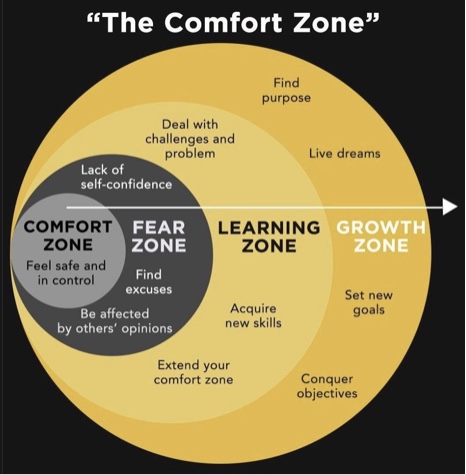“To make progress, you must be FOCUSED, NOT BALANCED.” ⁃ Robert Kiyosaki
You can make a little progress while loving a balanced life, but to make the biggest gains, you have to focus an inordinate amount of attention on one specific goal or task. When you focus on one thing, you’ll be amazed at the strides you can make.
There is no such thing as a perfectly balanced life. Our lives are more like waves in the ocean, going back and forth. Sometimes we have a big project with a deadline to meet, so we have to put our energy in that, while other times we have the ability to focus more on our family, our health, etc.
We can try to be perfectly balanced, but will most likely frustrate you as you aim for the impossible. Instead, spend time in great focus on one aspect of life while maintaining other aspects, then ebb and flow to the next major category.

